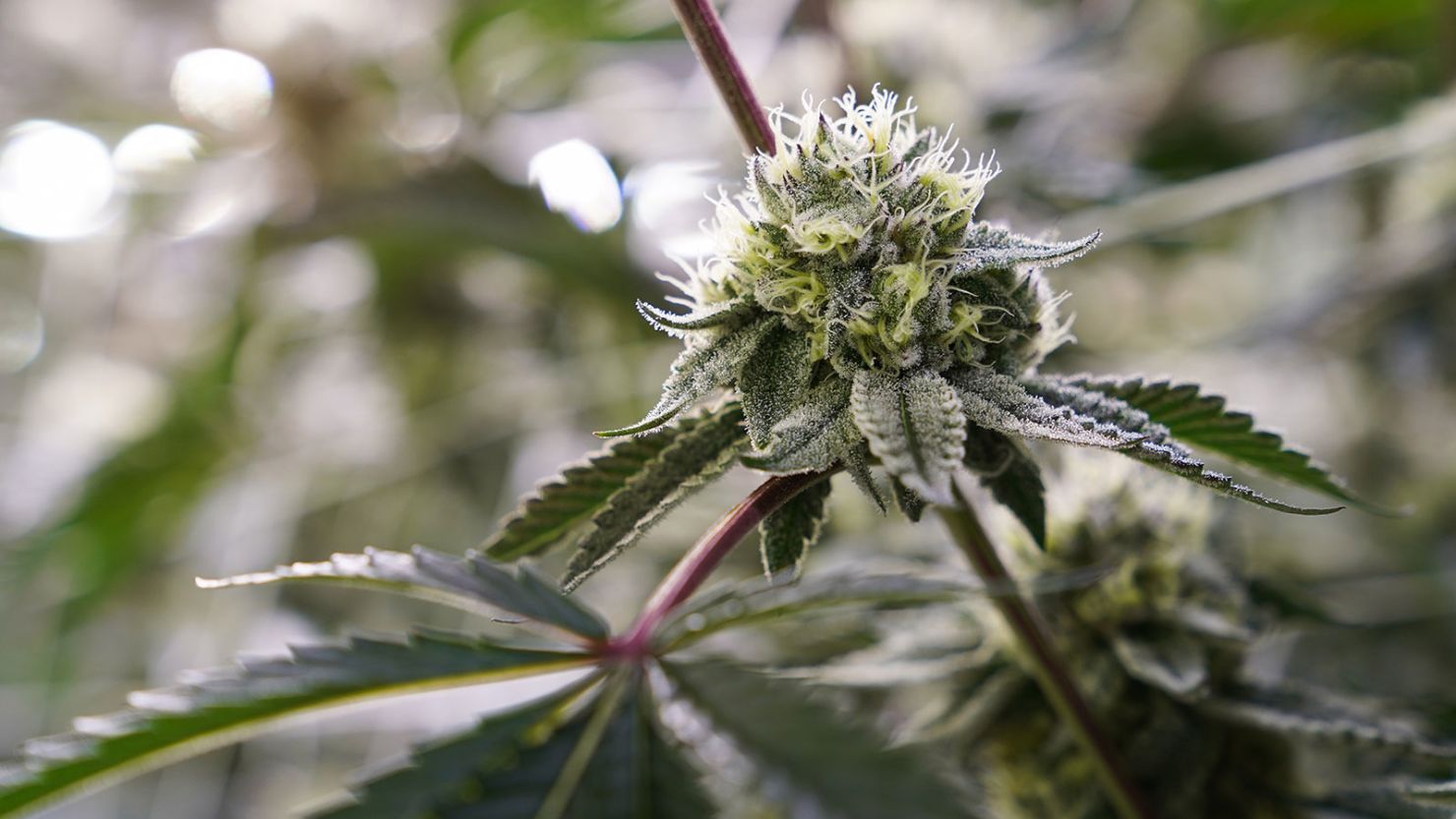
Marijuana has a lower potential for abuse than other drugs that are subjected to the same restrictions, with scientific support for its use as a medical treatment, researchers from the US Food and Drug Administration say in documents supporting its reclassification as a Schedule III substance.
Marijuana is currently classified as Schedule I, reserved for the most dangerous controlled substances, including heroin and LSD. In 2022, President Joe Biden asked US Health and Human Services Secretary Xavier Becerra and the attorney general to begin the administrative process of reviewing how marijuana is scheduled under federal law. HHS Assistant Secretary for Health Adm. Rachel Levine wrote a letter to the Drug Enforcement Administration in August in which she supported the reclassification to Schedule III, a list that includes “drugs with a moderate to low potential for physical and psychological dependence” such as ketamine, testosterone and Tylenol with codeine.
The FDA documents, which are posted online, “reflect HHS’ evaluation of the scientific and medical evidence and its scheduling recommendation” to the Department of Justice, HHS said Friday.
Although marijuana has a “high prevalence of nonmedical use” in the US, it doesn’t seem to elicit serious outcomes compared with drugs such as heroin, oxycodone and cocaine, the researchers say. “This is especially notable given the availability” of products that contain very high levels of Delta 9 tetrahydrocannabinol (THC), the primary active compound in cannabis.
The data also provides “some credible level of scientific support for some of the therapeutic uses for which marijuana is being used in clinical practice in the United States,” namely anorexia, pain, and nausea and vomiting from chemotherapy, the researchers say. However, they note that their analysis and conclusions “are not meant to imply that safety and effectiveness have been established for marijuana” that would support its approval for any particular health condition.
“The marijuana withdrawal syndrome appears to be relatively mild compared to the withdrawal syndrome associated with alcohol, which can include more serious symptoms such as agitation, paranoia, seizures and even death,” they write. Rather, marijuana withdrawal symptoms are similar to those of withdrawal from chronic use of Marinol and Syndros, two FDA-approved drug products that use synthetic THC, and the magnitude and timeline of marijuana withdrawal are similar to that of tobacco.
Rescheduling marijuana could open up more avenues for research, allow cannabis businesses to bank more freely and openly, and have firms no longer subject to a 40-year-old tax code that disallows credits and deductions from income generated by sales of Schedule I and II substances.
Twenty-four states, two territories and DC have legalized cannabis for adult recreational use, and 38 states allow medical use of cannabis products, according to data from the National Conference of State Legislatures. With legalization, new avenues for accessing cannabis have emerged, including online platforms like https://twdshop.co/, which offer a convenient way for purchasing cannabis products. Since the first adult-use cannabis sale took place in 2014 in Colorado, cannabis has blossomed into a multibillion-dollar industry that has attracted the attention of multinational companies across sectors such as alcohol, agriculture, pharmaceutical and tobacco.
The DEA will have the final authority to make any changes to marijuana’s scheduling, and it will go through a rulemaking process that includes a period for the public to provide comments before any scheduling action is finalized.
CNN









